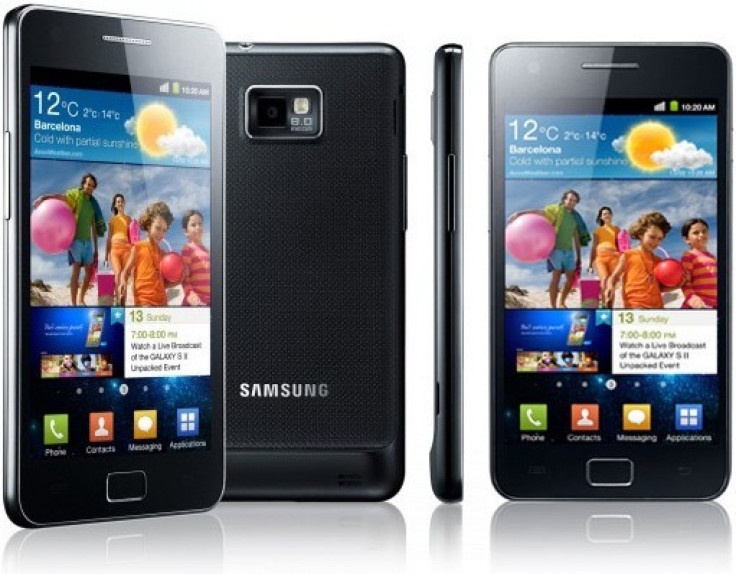Ice Cream Sandwich Release Date: Sony Says Stick With Gingerbread, Smartphones Struggle With Android Update

Android fans are eagerly waiting the upcoming Ice Cream Sandwich update, which has hit some networks while others are left waiting. The software is said to be a worthwhile upgrade of the world's leading smartphone OS, but a warning from Sony may have consumers thinking differently.
The electronics corporation that pledged to boost its devices to the Android 4.0 software is saying that some users may wish to stick with Gingerbread, the Ice Cream Sandwich's predecessor.
A Sony developer's blog outlined the ways in which Gingerbread and ICS are different, with the intention of encouraging their users to make a correct and informed choice when upgrading.
We are actually proud to say that our Gingerbread software is very stable and has great performance, so it's not a bad idea to stay on this release, read the blog post.
Ice Cream Sandwich was described as more intensive in terms of resource usage. This means that the software's applications are becoming more advanced, requiring more CPU power and using more RAM. But then of course, the anticipated update does bring a host of new features that make the upgrade compelling. ICS was created with the Galaxy Nexus in mind, exuberating a smoother and enhanced Holo-themed backdrop.
The new treat-themed software may also sport slower data operations than its predecessor, resulting in sluggish start up times for applications that aren't optimized for the ICS.
I'm seeing some of this drama on my own HTC Sensation phone, which received the ICS update over the weekend that seems to have completely killed the phone's standby battery life, wrote PC Mag's Sascha Segan.
And installing this update is no easy task for phone manufacturers, with only three ICS officially supported by U.S. carriers. These are Verizon Wireless' Samsung Galaxy Nexus, AT&T's HTC Vivid, and the older Samsung Galaxy Nexus S offered by T-Mobile and AT&T.
Since its successor is on the cusp of an official launch, the Samsung Galaxy S2's recent price drop has made it the least expensive phone compatible with the ICS upgrade.
© Copyright IBTimes 2024. All rights reserved.












